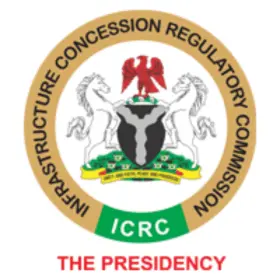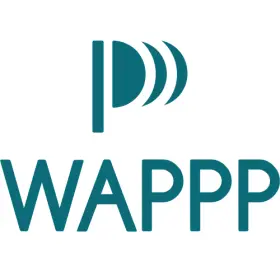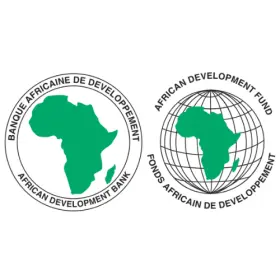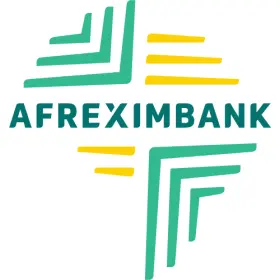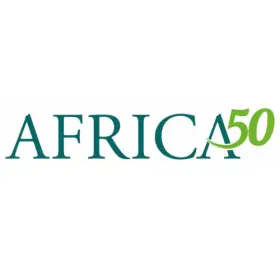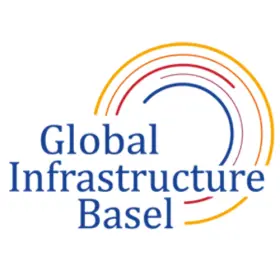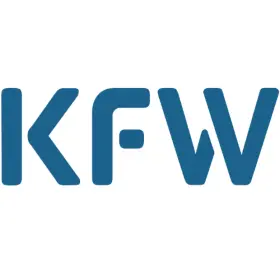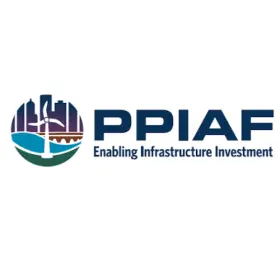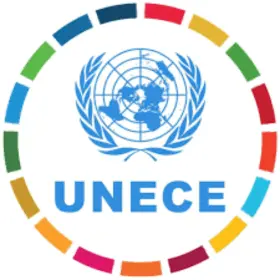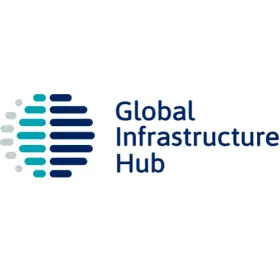ICRC Infrastructure Concession Regulatory Commission
ICRC was established to superintend and regulate Public-Private Partnership (PPP) endeavours of the Federal Government of Nigeria aimed at addressing Nigeria’s physical infrastructure deficit which hampers economic development.
WAPPP
The Home for PPP Professionals
Based in Geneva, WAPPP is a global non-governmental organization and global community of PPP professionals, which helps members achieve their professional goals and promotes best practices in PPP to align with UN SDGs.
African Development Bank Group
Taking Africa to the World
The African Development Bank Group or Banque Africaine de Développement is a multilateral development finance institution headquartered in Abidjan, Ivory Coast, since September 2014. The AfDB is a financial provider to African governments and private companies investing in the regional member countries.
Afreximbank
Trade Finance Bank for Africa
African Export–Import Bank, also referred to as Afreximbank or Banque Africaine d’Import-Export, is a pan-African supranational multilateral financial institution created in 1993 under the auspices of the African Development Bank.
AFRICA50
Infrastructure for Africa’s Growth
Africa50 was established by African governments and the African Development Bank to help bridge Africa’s infrastructure funding gap by facilitating project development, mobilizing public and private sector finance, and investing in infrastructure on the continent.
EIB European Investement Bank
The Bank of the European Union
The European Investment Bank (EIB) is the European Union's investment bank and is owned by the 27 member states. It is the largest multilateral financial institution in the world. The EIB finances and invests both through equity and debt solutions companies and projects.
FAST-Infra Label
Providing Market Confidence
The FAST-Infra Label is a globally applicable label for projects demonstrating significant positive sustainability performance.
GIB Global Infrastructure Basel
Infrastructure and Natural Ecosystems
The GIB mission is to inspire and accelerate a mainstream transition to sustainable, resilient and regenerative infrastructure.
The KfW
Responsible Banking
The KfW, which together with its subsidiaries DEG, KfW IPEX-Bank and FuB forms the KfW Bankengruppe, is a German state-owned investment and development bank, based in Frankfurt.
PPIAF
Enabling Infrastructure Investment
Since 1999, PPIAF has been the only global facility dedicated to building institutions in developing countries that set the stage for private participation in infrastructure. PPIAF helps governments strengthen policies, regulations, and institutions to catalyze sustainable and inclusive private participation in infrastructure
UNECE PPPs for the SDGs
PPP Standards, Tools & Guides
The UNECE has advocated the need to make the traditional PPP model “fit for purpose” for
the SDGs by placing people at the core and has developed the “PPPs for the SDGs”
approach.
GI Hub Global Infrastructure Hub
PPP Knowledge Hub
The GI Hub is a not-for-profit organisation created by the Group of Twenty (G20) to advance its infrastructure agenda. The G20 is the premier forum for international economic cooperation, bringing together the leaders of developed and developing countries from every continent.
